
Fatty liver is a disease that occurs where large vacuoles of triglyceride fat accumulate in the liver cells via the process of steatosis. Steatosis is an abnormal retention of lipids within a cell. It manifests as a mutilation of the normal processes of synthesis and elimination of triglyceride fat. Fatty liver is also known as the fatty liver disease, and it does not always have to be serious. The most important thing is that fatty liver is a reversible condition. However, fatty liver is sometimes accompanied with the inflammation of the liver, known as hepatitis. If this is the case, the condition is considered more serious, as it can cause inflammation and scarring of the liver.Causes of fatty liverFatty liver usually occurs in people with excessive alcohol intake and those who are obese. Sometimes, the disease is caused by other health complications that influence fat metabolism. Nonalcoholic fatty liver disease is an expression used to illustrate the accumulation of fat in the liver of people who drink little or no alcohol. Alcoholic fatty liver disease designates the accumulation of fat in the liver of people who drink excessive amounts of alcohol. In people who do not consume alcohol, fatty liver disease occurs when the individual has trouble breaking down fats, which results in accumulation of fats in the liver. A great number of possible health conditions are associated with nonalcoholic fatty liver disease. Fatty liver usually develops in every individual that consumes more than 60 grams of alcohol per day.Symptoms of fatty liver
The signs and symptoms become visible when the disease progresses. Before this happens, fatty liver is usually discovered incidentally because of abnormal liver function tests or hepatomegaly noted in unrelated medical condition. The symptoms of fatty liver may include constant fatigue, pain in the upper right abdomen and significant weight loss. The patient may also complain of indigestion, heartburn, reflux or bloating. Some apparently unrelated symptoms may also be present, such as headaches and migraines, fatigue, bad breath, mood swings, the lack of mental alertness, confusion, mental fogginess or depression.
Treatment for fatty liver
Fatty liver is a reversible disease. The treatment usually consists of eliminating the risk factor that contributes to liver disease. For example, if a person gets fatty liver from too much alcohol, patient will need to stop drinking and make certain changes in the daily diet. In some cases, doctors may prescribe medications to aid in the process of recovery. Generally, treating the underlying cause will reverse the process of steatosis if caught at an early stage.


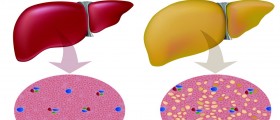

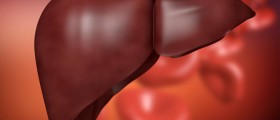
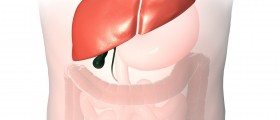
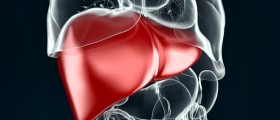



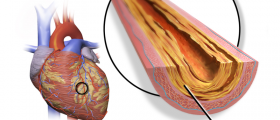






Your thoughts on this
Loading...